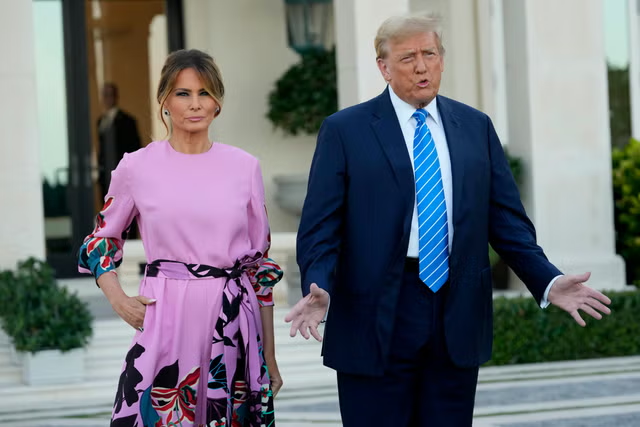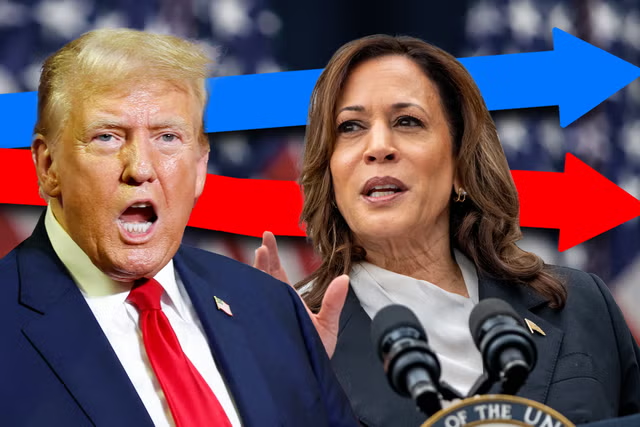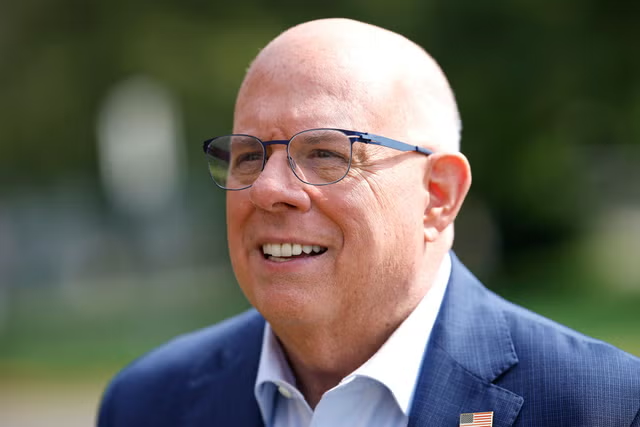The UK Government has reached a political agreement to allow Mauritius to take sovereignty over the Chagos Islands.
The historic agreement struck this week means Mauritius will assume sovereignty over the archipelago while the joint US-UK military base remains on Diego Garcia island.
Reaction to the deal was mixed, with some hailing the end to a bitter and long-running dispute over Britain's last African colony.
But others, including Tory leadership candidates, suggested it could undermine UK security.
Here is what it means.

Where are the Chagos Islands?
The chain of Indian Ocean islands are claimed by Mauritius but are actually more than 2,000km away from the African nation.
Chagos has seven atolls and around 60 islands; of these, Diego Garcia is by far the largest.
Mauritius is an island off the east coast of Madagascar, also an island, which is off the coast of south-east Africa.
Chagos archipelago is a strategic point in the Indian Ocean between Africa and India, which is why it is a useful spot for nations seeking regional influence.
Around 3,000 people live on the islands, who are mostly British and American servicemen.

How did the UK come to have the islands?
The islands were home to the Chagossian people before they were expelled in the Sixties and Seventies by the US and UK governments as they established an airbase on Diego Garcia.
The Chagossians mostly then settled in Mauritius and have not been allowed back since, although the new agreement paves the way for their return.
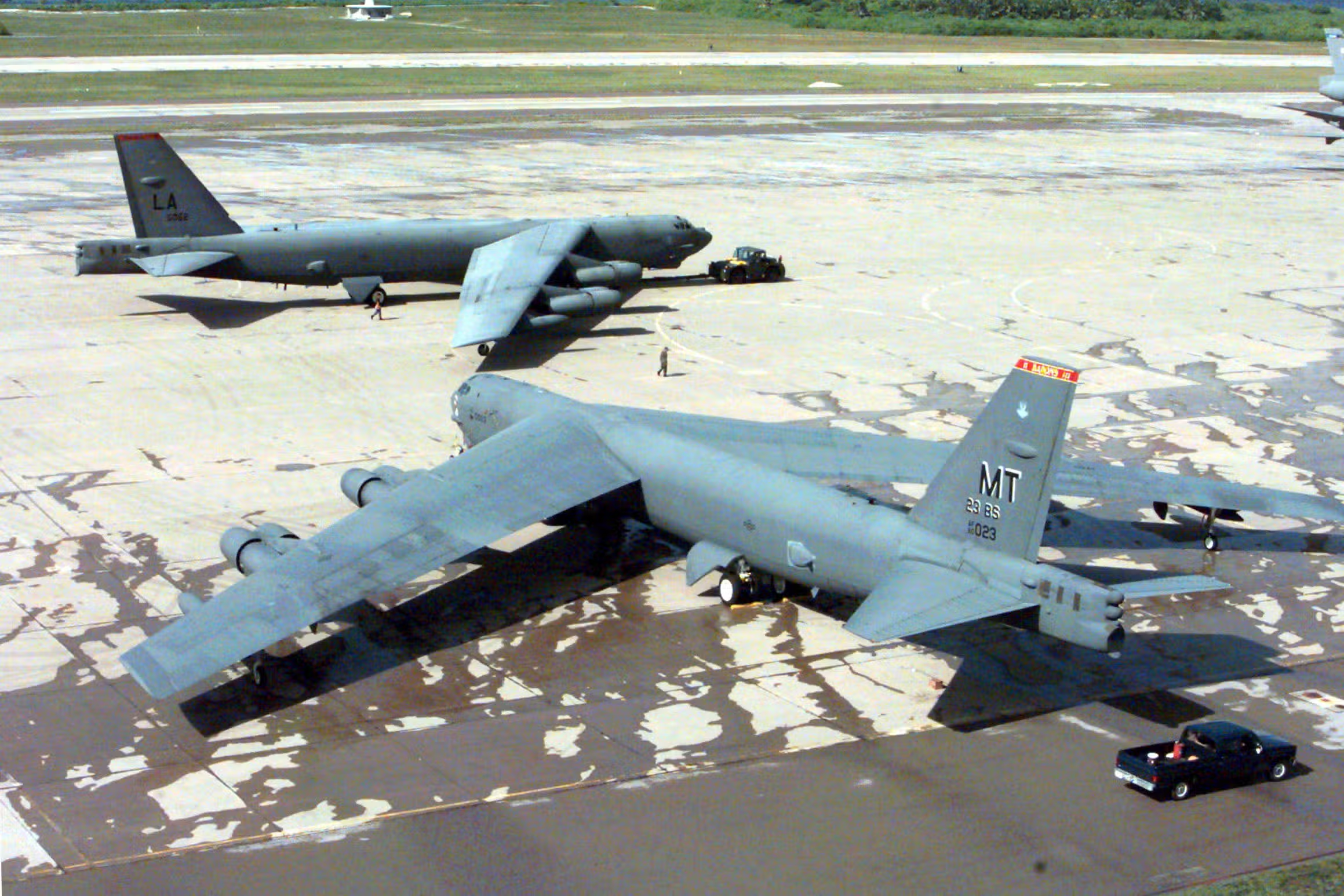
Why has Britain handed it to Mauritius?
Human rights campaigners, who have called for full reparations to generations affected by the forcible displacement of islanders, argued the deal does not go far enough to address the wrongs of the past.
Read More
Chagossians were forced to leave the central Indian Ocean territory in the Sixties and Seventies to make way for the military base.
The expulsions are regarded as a shameful parts of Britain's modern colonial history and Chagossians have spent decades fighting to return to the islands.
The United Nations' highest court, the International Court of Justice, previously ruled the UK's administration of the territory was unlawful and must end.
A joint statement from the UK and Mauritius governments said the new deal will be subject to a treaty that will "address wrongs of the past and demonstrate the commitment of both parties to support the welfare of Chagossians".
The Foreign Office said the agreement means the status of the base will be undisputed and legally secure.

Could China now develop a base?
There have been concerns raised by Labour’s political opponents that the agreement will allow China to develop influence in the area.
Former foreign secretary James Cleverly described the move as "weak, weak, weak" while former security minister Tom Tugendhat suggested it risked allowing China to gain a military foothold in the Indian Ocean.
Jonathan Powell, the prime minister's special envoy for negotiations between the UK and Mauritius, said China would not be able to develop a base in the Chagos Islands.
He said United States officials have been "intimately involved" in the negotiations, telling Times Radio: "Every single sentence and paragraph has been through an inter-agency process, all of the agencies in Washington. We've secured all of their red lines in that negotiation.
"When you come to see the detailed treaty, which is really quite long with the exchanges of letters, you'll see that this idea of a Chinese base is just hooey. It can't happen, won't happen.”
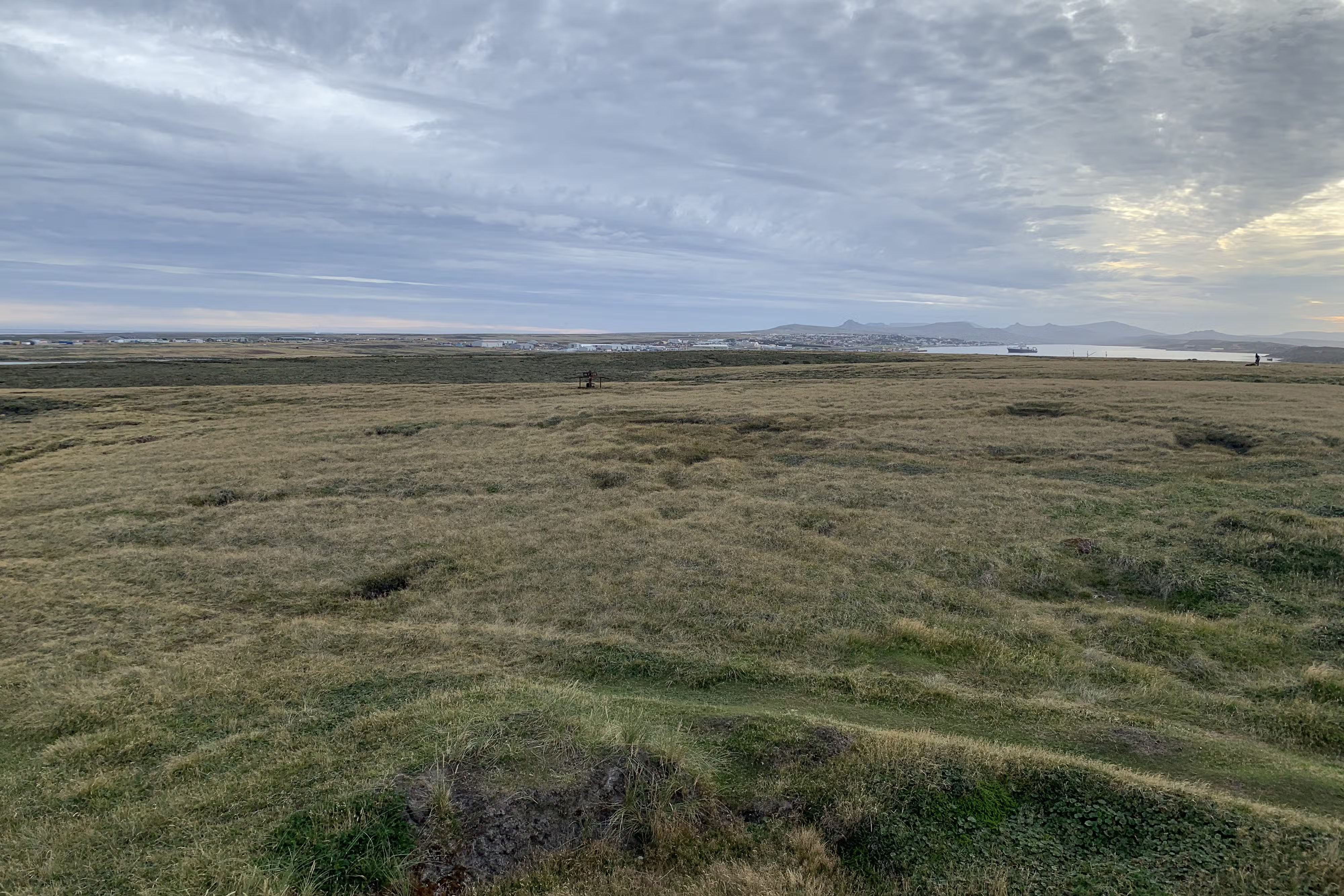
Will the UK now hand back the Falkland Islands to Argentina?
After the UK agreed to return the Chagos Islands, the Argentine foreign minister, Diana Mondino, said it is time to take steps for the Malvinas (as the Argentinians call the islands) are returned.
"We welcome this step in the right direction and the end to outdated practices,” she said.
“Following the path we have already taken, with concrete actions and not empty rhetoric, we will recover full sovereignty over our Malvinas Islands.
"The Malvinas were, are and will always be Argentine."
Argentina has long wanted back the Falklands but residents of the islands voted 99 per cent in favour of remaining part of the UK in 2013.
In a statement earlier on Thursday, Falklands governor Alison Blake sought to reassure residents that Britain's commitment to the South Atlantic territory was "unwavering".
She said the historical context of the two territories was "very different".
What other territories does the UK have?
British overseas territories are listed by the government as:
- Anguilla
- Ascension
- Bermuda
- British Virgin Islands
- Cayman Islands
- Falkland Islands
- Gibraltar
- Montserrat
- St Helena
- Tristan da Cunha
- Turks and Caicos Islands
Disclaimer: The copyright of this article belongs to the original author. Reposting this article is solely for the purpose of information dissemination and does not constitute any investment advice. If there is any infringement, please contact us immediately. We will make corrections or deletions as necessary. Thank you.
